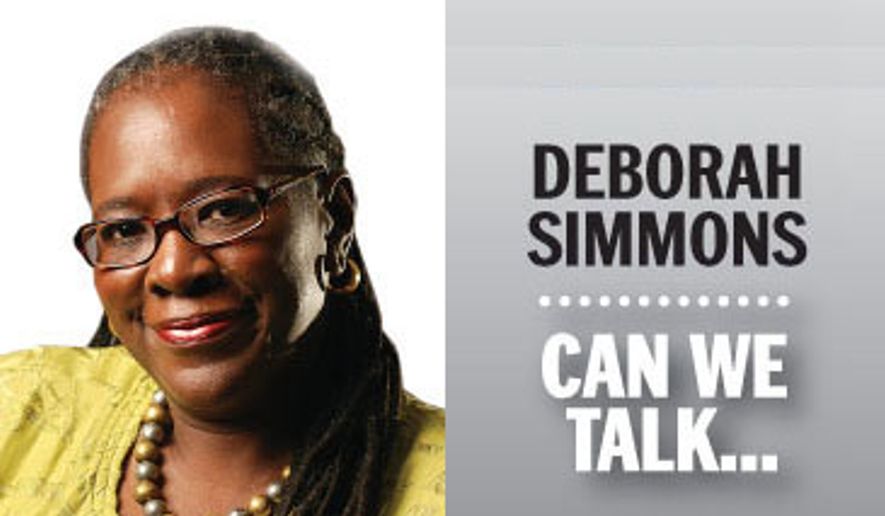ANALYSIS/OPINION:
On Jan. 15, 1929, Michael and Alberta King welcomed their second child and first son, Michael Jr., into the world. Thank the heavens and the ancestors.
Michael Jr. was no ordinary human being. Sure, he was born with 10 fingers, 10 toes and had to be diapered like other babies. He grew older and had to pull up his britches as most boys and men had to do, too.
And growing up in post-Harlem Renaissance America and coming of age in the Deep South after World War II awakened him to a world of possibilities and opportunities. Michael took a road less traveled.
He looked at racial fears and concerns, and recognized a spade as a spade, similar to an awakening his father, a Southern Baptist preacher, had had in 1934 Germany, where Michael Sr. was inspired by the theological pronouncements of protestant Martin Luther.
Like father, like son. Both the elder and younger King changed their names to Martin Luther. One sustained being a sought-after Baptist preacher, while the other attended his dad’s alma mater, Morehouse, and succeeded in father’s and paternal grandfather’s pastoral footprints at Ebenezer Baptist Church in Atlanta. Young adult Martin also held the moral baton — and became the premier black face — of the Peace Movement.
I’m not talking about the hippie era, when young people and other counterculturists were flashing peace signs and passing around LSD and other drugs like peppermint Lifesavers.
I’m talking about the real 20th century Peace Movement, and one of its leaders was a Hindu named Mohandas Karamchand Gandhi, who, in case you didn’t know, appealed to Muslims alongside his push for peace and resistance without violence.
As a counterpart here in America, Martin Luther King Jr. (nee Michael Jr.) and his cohorts in the Civil Rights Movement employed a similar philosophy. To many, the rhetoric was a call for war against segregation, separate-but-equal doctrine and anything else Jim Crow could add to a list of biases.
King and other peaceful leaders met with leaders of various faiths and various political persuasions. They met with presidents and presidents’ confidants. They met with resistance.
Then the news cameras really opened their lenses. Firehouses and attack dogs. Batons and bats. Dead bodies and not-guilty verdicts.
Yet, amid all the bloodshed, brutal beatings at the hands of “law enforcers” and, for all intents and purposes, unjustifiable killings, the leaders of the Free World still acted as if they been hog-tied at a pre-rodeo exhibition.
The cameras kept rolling, praise be, and soon people around the world noticed the movement folks were not fighting back.
The world no longer was merely watching; it was questioning too.
Stevie Wonder could not see the film footage or the photographs, but he envisioned what his ears heard, and his mind and fingers produced lyrics and music that lamented the fact that King, whose life was cut short by an assassin’s bullets, should be honored with a national holiday where “peace is celebrated throughout the world.”
Congress and President Ronald Reagan moved accordingly in 1983.
Now, a lifetime after King received the 1964 Nobel Peace Prize, and decades since the declaration of King’s nationally celebrated birthday, it’s time for us to do our part.
That’s not easy, I know, when what bleeds still leads the news. But on Friday, and on Saturday and Sunday, and on Monday, the federal holiday to honor King, say a peace prayer.
The world needs such a prayer as much today as it did in 1776, when America’s birth defect first revealed itself.
Happy birthday, Martin!
• Deborah Simmons can be reached at dsimmons@washingtontimes.com.
• Deborah Simmons can be reached at dsimmons@washingtontimes.com.




Please read our comment policy before commenting.